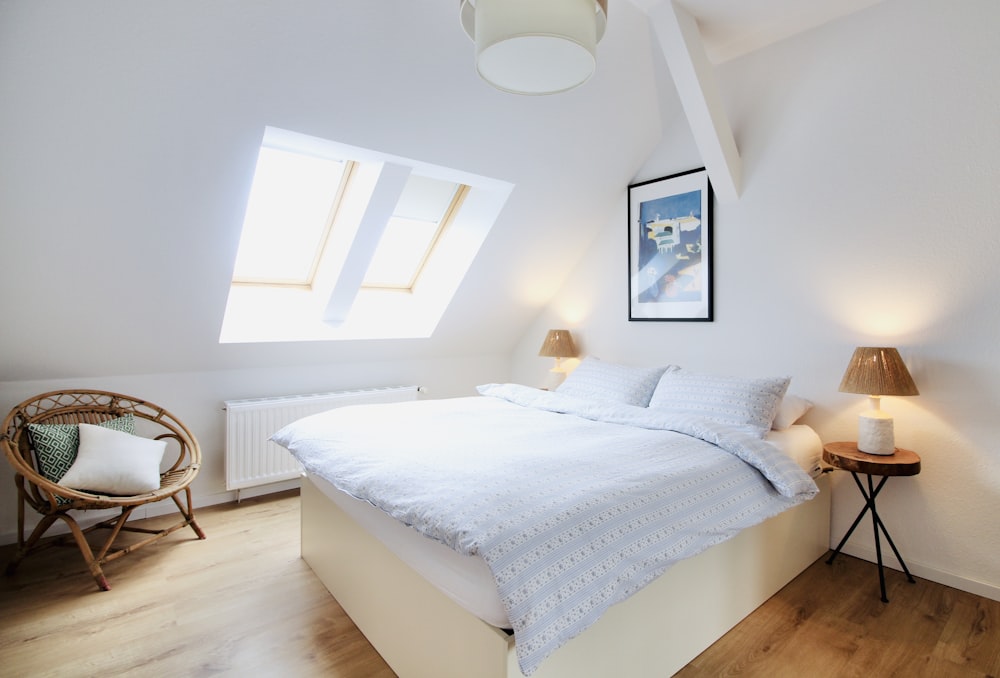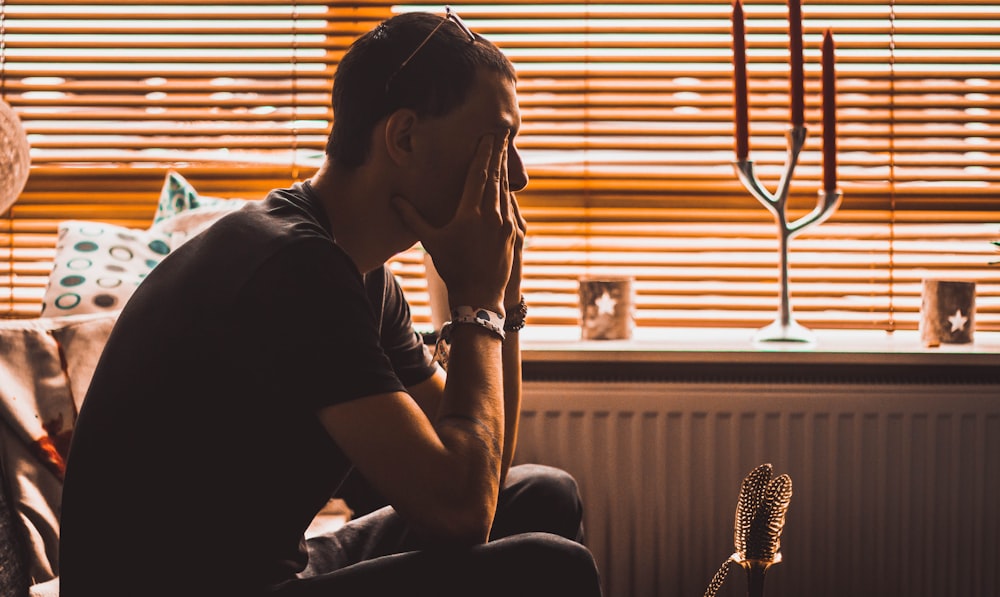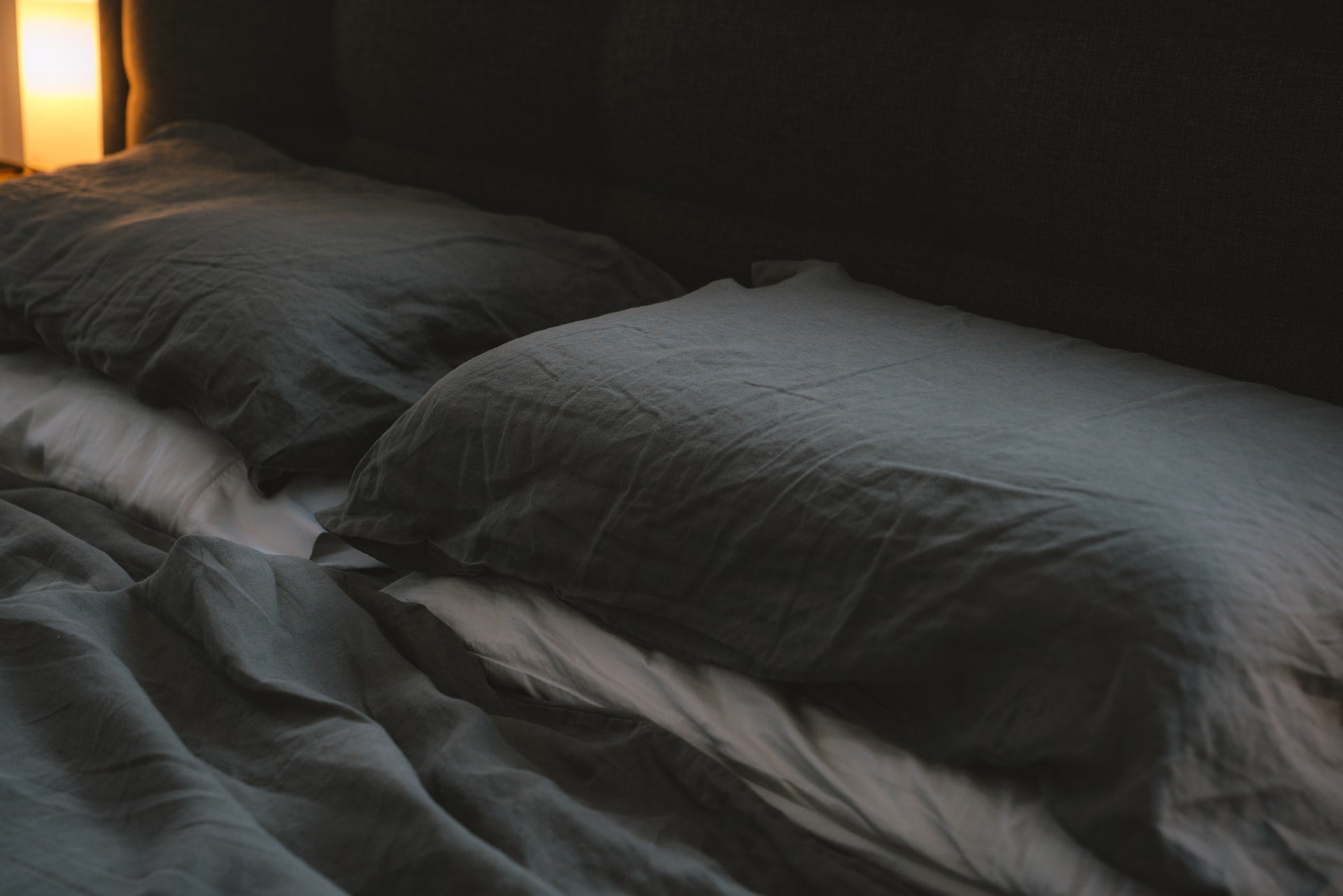When it comes to living longer, most of us focus on things like eating a healthy, balanced diet and getting plenty of exercise. And while these things are certainly important, ensuring that you are getting quality sleep could ultimately be just as valuable for helping you live longer.
As a recent study published by the American College of Cardiology reveals, following a few key “low-risk” sleep habits can be key to a longer life.
Understanding the Factors For Quality Sleep

Researchers identified five key factors that define “ideal” sleep behaviors, which are in turn associated with a longer life.
These factors are: “1) ideal sleep duration of seven to eight hours a night; 2) difficulty falling asleep no more than two times a week; 3) trouble staying asleep no more than two times a week; 4) not using any sleep medication; and 5) feeling well rested after waking up at least five days a week.”
Study participants were scored either a zero or a one based on whether they could answer positively regarding each of these sleep factors. Reaching the maximum five points indicated the highest quality sleep.
The results were telling when comparing individuals who scored a perfect five to those who only scored a one or zero. Those with the best sleep quality “were 30% less likely to die for any reason, 21% less likely to die from cardiovascular disease, 19% less likely to die from cancer, and 40% less likely to die of causes other than heart disease or cancer.”
In addition, men who scored a five increased their life expectancy by 4.7 years, while women increased their life expectancy by 2.4 years.
How Sleep Apnea Interferes

One look at the five factors for ideal sleep, and it is easy to see how sleep apnea can create issues. Sleep apnea causes breathing disruptions throughout the night — often dozens of times per hour. The body will temporarily wake itself up to restart the breathing process, significantly disrupting sleep.
This obviously results in trouble staying asleep each night. In addition, the constant interruptions to sleep often leave individuals feeling poorly rested after they wake up. Excess daytime fatigue is one of the more well-known side effects of sleep apnea, and can easily interfere with daily activities such as work and driving.
That’s two factors right away.
The sleep disruptions associated with sleep apnea can also limit one’s total sleep duration. Even if someone is in bed for the recommended seven to eight hours per night, they will likely be awake for much of that time. This is especially true if other sleep disorders like insomnia are present, which can make it harder to fall back asleep after waking up. Insomnia will also make it harder to fall asleep at night.
When struggling to fall asleep and stay asleep become the norm, many people will turn to sleep medications to try to get a full night’s rest. Even then, the presence of obstructive sleep apnea can make truly rejuvenating sleep an impossibility.
As a result, when sleep apnea and insomnia occur in tandem, you could easily miss out on all five factors deemed necessary for “ideal sleep.”
Improving Your Sleep Quality

If you want to reap the benefits of ideal sleep, you need to adopt sleep habits that will let you improve the five factors highlighted in the study.
For those struggling with sleep apnea, this naturally starts by getting a CPAP machine to prevent nighttime breathing disruptions. By providing a steady flow of pressurized air throughout the night, your airways will stay open, helping you sleep soundly. This will prevent nighttime awakenings and ensure that you feel better rested in the morning.
When it comes to the other factors, take a look at other habits that could be affecting your sleep hygiene for better or worse. For example, one of the easiest ways to ensure you are getting enough sleep at night is to follow a set sleep schedule. Go to bed and wake up at the same time each day. Follow a consistent (and relaxing) bedtime routine that will help your body recognize that it is time to go to sleep. This will make it easier to fall asleep quickly and ensure that you maximize your sleep time.
Be mindful of habits that could make it harder to fall asleep or stay asleep. For example, blue light exposure before bed can throw off the body’s circadian rhythm and make it harder to fall asleep. Similarly, consuming caffeinated beverages later in the day can make it harder to fall asleep.
To stay asleep, remove sources of light and noise that could wake you up during the night (like your phone). Avoid alcohol before bed — while it may help you fall asleep quickly, nighttime alcohol consumption often disrupts sleep.
By proactively addressing sleep hygiene and sleep disorders, you can get closer to achieving ideal, restful sleep.
Sleep Better With a Quality CPAP Machine
While a CPAP machine can go a long way in improving sleep quality for individuals suffering from sleep apnea, there is no denying that this equipment can often be rather expensive — especially without adequate insurance coverage.
This is where No Insurance Medical Supplies can help. We offer a wide selection of CPAP machines from leading brands like ResMed and 3B Medical, many of which are sold for hundreds of dollars off of MSRP. We also offer free shipping on most orders over $99, and financing is available on orders of $500 and up. With our best price guarantee, you can have confidence that getting necessary sleep equipment won’t break the bank.

